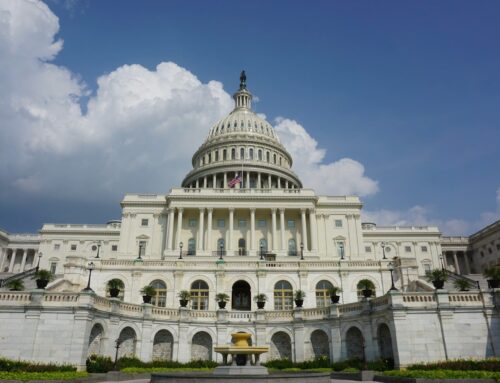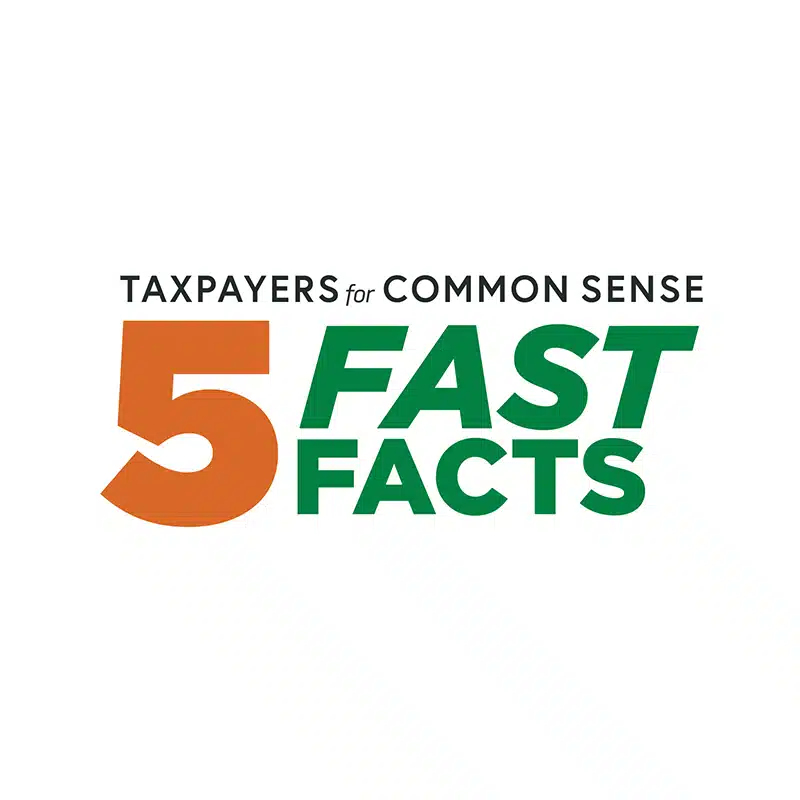Still wrangling over a massive spending bill for all of government in fiscal year 2016, Congress gave themselves another extension through December 16th. It’s time to get it done. Actually it was time to get it done a few months ago. It would have been even better to get a few of the dozen bills that fund government done in the summer instead of cramming them together in a massive 1,000+ page spending bill that no lawmaker will have time to read before voting on it.
 So what’s the hold up? After Congress and the President agreed on the top line spending levels for FY2016 (and FY2017 for that matter) writing the bills should have just been about getting the math right. Instead lawmakers have made their job harder. Not only are there dozens of policy riders (we discussed that process in last week’s Wastebasket) that Congressional Republicans are hoping to shove down the President’s throat, it seems that negotiations over tax extenders (also discussed last week) and whether to make some permanent (or to extend them at all) has become entwined with the Omnibus discussion.
So what’s the hold up? After Congress and the President agreed on the top line spending levels for FY2016 (and FY2017 for that matter) writing the bills should have just been about getting the math right. Instead lawmakers have made their job harder. Not only are there dozens of policy riders (we discussed that process in last week’s Wastebasket) that Congressional Republicans are hoping to shove down the President’s throat, it seems that negotiations over tax extenders (also discussed last week) and whether to make some permanent (or to extend them at all) has become entwined with the Omnibus discussion.
So instead of having a debate about the various policy riders that have been inserted in the Omnibus debate (a practice typical of a Congress in control of one party when the other has the White House) they also have to discuss horse-trading in a separate major tax bill. It’s sort of like saying one used car trade-in deal wasn’t enough, let’s take on another. Yes, it gives you more opportunities to make trade-offs; I’ll take this for one trade-in and accept lesser options and mileage on the other, but with the time crunch it makes the deal all the more difficult.
Some are already calling to kick the FY16 can further down the road. Some members of the Freedom Caucus are saying there should be a continuing resolution to fund government into March. That would mean the federal government would be required to work with this temporary extension for half the fiscal year. We recognize that the crunch of lawmakers wanting to leave town for the holidays creates pressure to make deals, but you know what, Members of Congress are like students with a deadline. 
Others would like to add even more complications. Sen. Dianne Feinstein (D-CA) and House Majority Leader Kevin McCarthy (R-CA) were in negotiations to add a massive California “drought” bill to the Omnibus. Sen. Feinstein has since walked away from that, but adding a bill that would accelerate (in some cases resuscitate) a bunch of wasteful water storage projects a) wouldn’t address the record drought in the Golden State, but also b) would cost taxpayers billions in the long-term without dealing with the fundamental problems. Thankfully, it looks like this won’t happen and the California-focused legislation, should it emerge, will be subject to debate by all lawmakers, not just powerful ones from the most populous state in the union.
At this point policymakers – Republican and Democrat, President and Members of Congress – have to look in the mirror and recognize that avoiding a shutdown by sending a bill to fund government through September 30, 2016 to the President’s desk is their most important task. Any policy rider is short-lived. It dies with the bill at the end of the fiscal year. If they want to lock in their policy prescriptions, they need to win the House, Senate, and Presidency in the 2016 elections. Until then, make the deals that the electorate sent you here to do.
Photo credit: Ohio University Libraries via flickr











Get Social